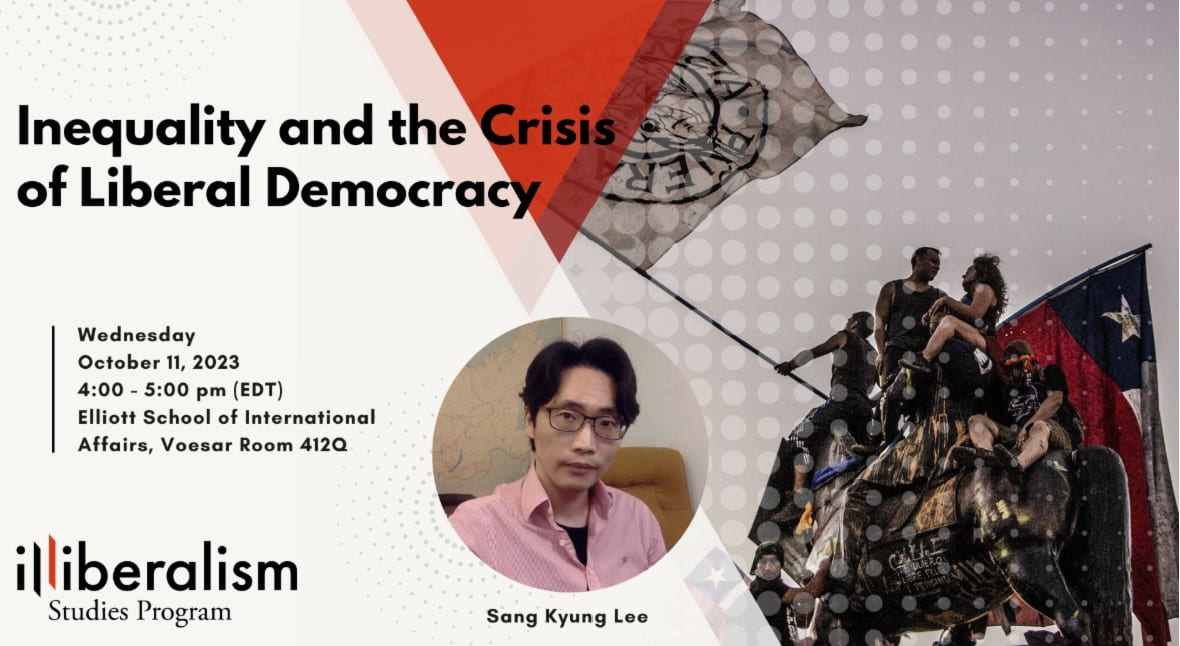Previous studies broadly agree that increasing economic inequality would dampen popular support for democracy. This lecture addresses this belief, testing it with more informative hypotheses. Capturing the insight from the theories of democratic attitudes and learning, it posits that increasing inequality would have differential effects on citizens’ normative support for democracy and their authoritarian inclination, and that those effects would also differ across the democratic regimes. Analyzing World Values Survey data covering 41 democracies over up to 25 years (1995-2020), the author finds very little evidence for the association between inequality and normative support for democracy, whereas unearthing strong evidence for a varying effect of inequality on authoritarian inclination across the democratic regimes. It turns out that inequality raises the likelihood of citizens favoring an authoritarian leader in liberal democracies, while reducing it in electoral democracies. The author’s findings refine the predominant thesis on the damaging impact of inequality on democratic support, detecting the complexities underlying the effect of inequality on democratic support. The author’s findings also shed new light on the theory of democratic learning and socialization by revealing the role of democratic regimes that remained unexplored in prior study. Lastly, the author provides a concrete explanation for how authoritarian leaders could win growing popular support in recent years where liberal democracy had most flourished.
__
The Illiberalism Studies Program (ILLSP) studies the different faces of illiberal politics and thought in today’s world, taking into account the diversity of their cultural context, their intellectual genealogy, the sociology of their popular support, and their implications on the international scene.

